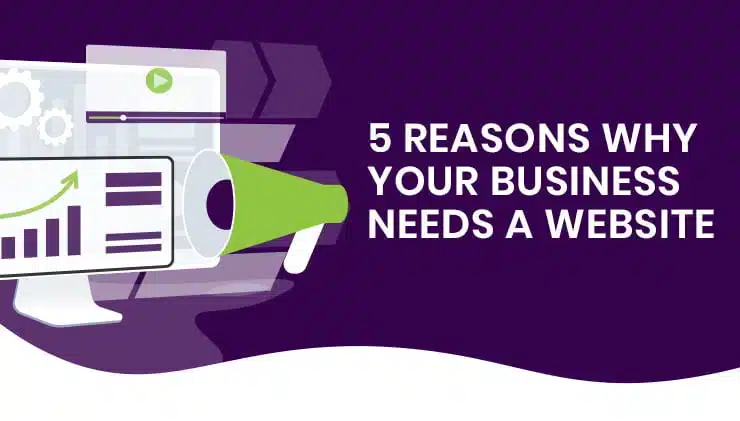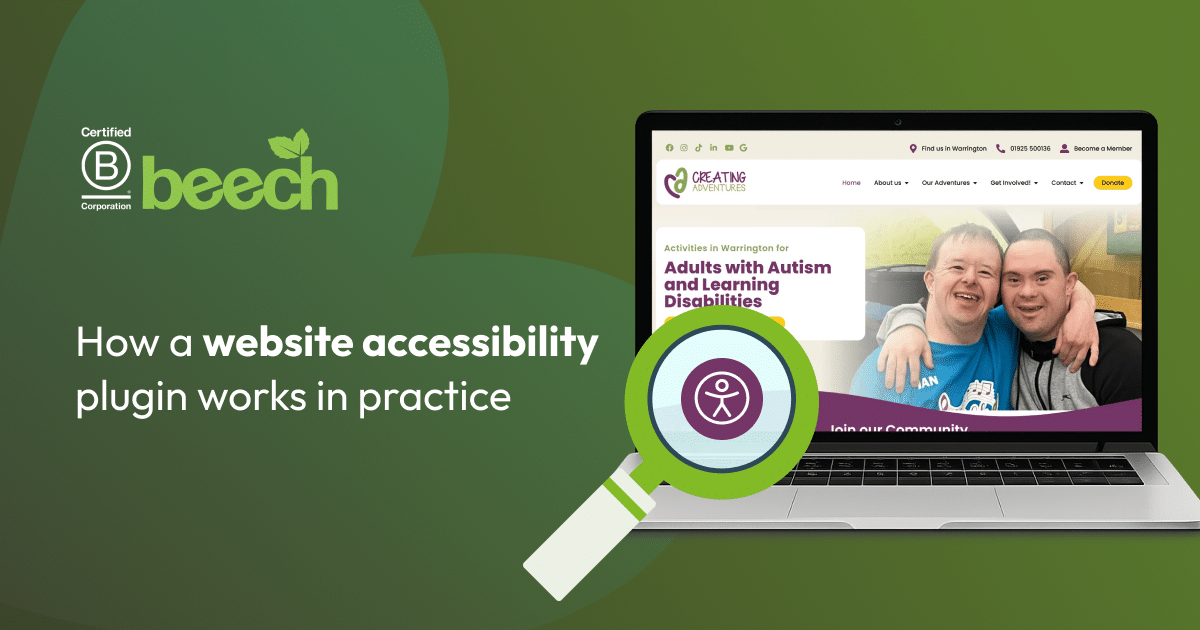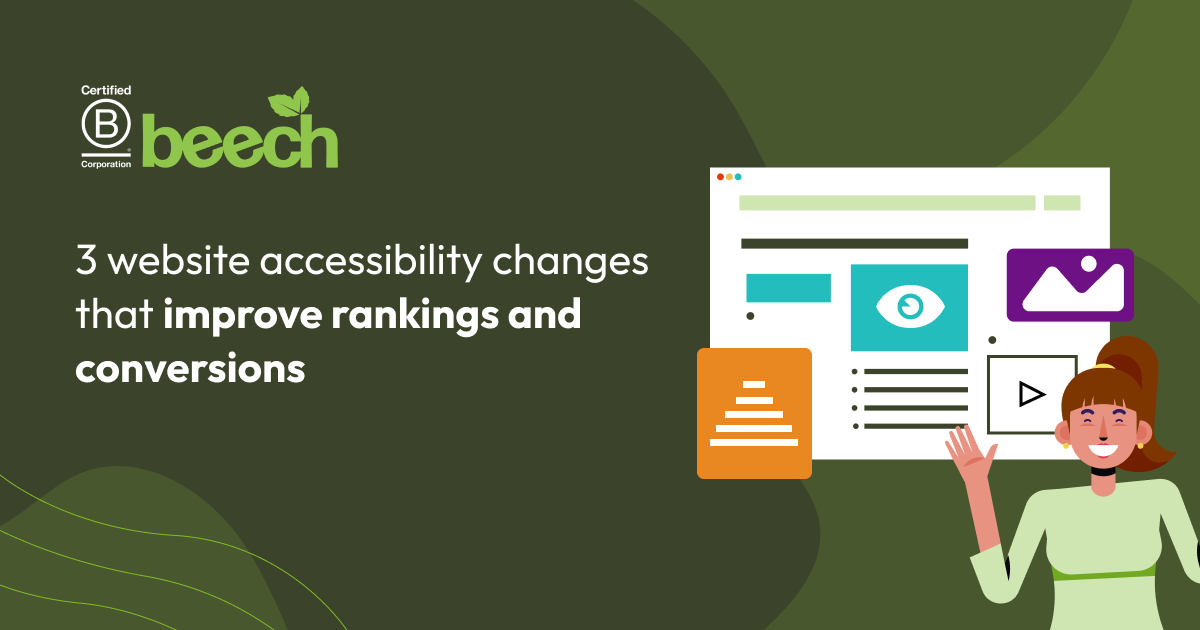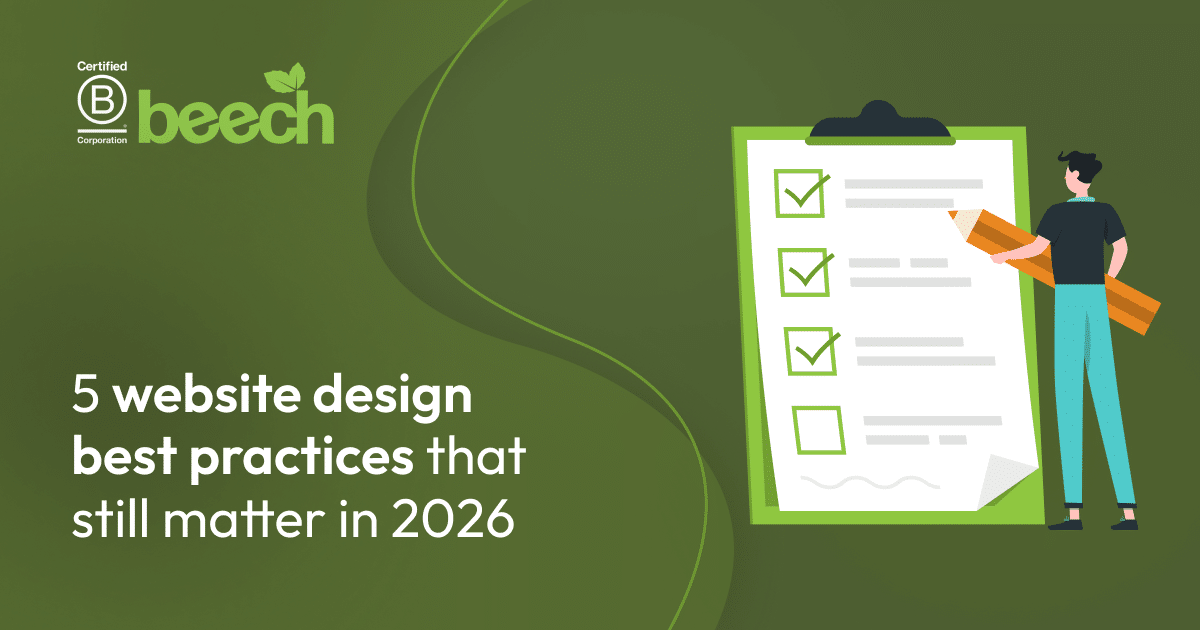According to a recent study, 40% of small businesses still don’t have a website. Here are just a few of reasons they are missing out:
1. First impressions really matter
55% of visitors leave a website after only 15 seconds, so make the most of them!
If visiting your website is a positive and rewarding experience, visitors will have the expectation that dealing with you in other ways will also be positive and rewarding. Positive and rewarding doesn’t mean all gloss and glamour, it can be based on simply being able to find the information you need quickly and easily. Conversely a negative or frustrating experience on your website can damage your target audience’s impression of you and influence a decision not to do business.
On a website, the impression you create is totally within your control, unlike on social media where others get to have their say too. This means that you can set yourself up to provide exactly what your target customers are looking for.
Above your website can convey the impression that you mean business and motivate visitors to interact with you.
2. When your customers search Google, you need to be there
Almost 4.54 billion people (59% of the global population) use the Internet, and this number increases every day. As a result, there are billions of Google searches made every day! When a search presents meaningful results, a user is likely to select one of the top search engine listings to click on. If your website isn’t listed, it’s very simple, they’ll choose someone else!
Search engines are the go-to place for researching buying decisions, even when shopping local. Your customers are searching online and expecting to see you there. Not having a website makes you invisible in this context and focuses your customers’ attention on the competition. As trade moves increasingly online, without a website your business is likely to be more and more limited.
3. Your website establishes credibility
To find out more about your company, the first destination for potential customers and business partners is usually your website. Your website can showcase your business achievements, and list qualifications, accreditations and affiliations.
You can show your working processes and provide company policy information in once central area. Additionally, you can show people what you are like to work with via customer testimonials and provide them with opportunities to engage with you.
4. Your website is the central hub for all your online activity
There are many different ways to engage with your target audience online, but as a small business, your website is at the heart of your digital presence. For this reason, it is essential that your website is strong and professional.
Social media accounts on platforms such as Twitter, LinkedIn, Facebook and Instagram are efficient in extending your company’s influence to the places where your customers spend their time. A website gives those social media accounts somewhere to direct those customers back to if they want to find out more.
Where social media accounts can have more personal 1: 1 interaction with customers, websites tend to be more formal and designed for interaction with a wider audience. The two formats can work powerfully together to engage your audience and provide them with the information and means to make their buying choices.
A website efficiently linked to different elements of the Google platform such as YouTube, Google My Business, Google reviews etc. is increasingly more likely to rank well in search results and attract attention from exactly the audience you are targeting.
5. You can use a website to learn about your customers
Using website analytics, it’s possible to learn a huge amount about the people who visit your site; where they go, what route they take to get there, who and where they are. You can see demographic data such as age, gender and geographic location, plus information about their interests gathered from their overall search activity.
This information is extremely powerful in helping you target promotional activities to appeal to those who are more likely to engage with you.
The data can be used to make changes to your online presence and make it more effective. For example, if the most popular page on your website takes a few clicks to reach, it might be better to make it directly available from your home page.
The converse can be true too, that lessons learned from your website can influence your physical store. For example, if a product is especially popular on the website, perhaps it should be featured more prominently in your high street store?
Monitoring changes to the data over time tells you how effective your tactics are. For example, are customers spending more or less time on your site? Are recent changes having the desired effect or is it time to try something else?
To summarise
To stay competitive in this increasingly digital world, your business definitely needs to get online! Contact us to get the ball rolling.






